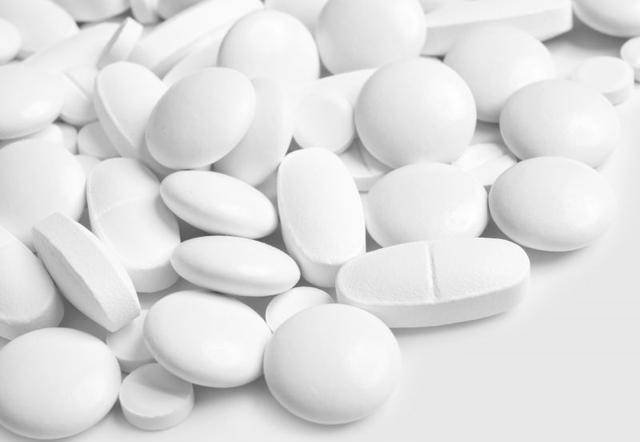Diabetic patients need hypoglycemic drugs to control the condition, but as is well known, every drug has its three points of poison, and the intake of drugs may cause some adverse reactions, to a certain extent. So what side effects might common hypoglycemic drugs like metformin and acarbose cause after intake?
What are the possible side effects of hypoglycemic drugs?
1. Hypoglycemia
Many common hypoglycemic drugs may lead to hypoglycemia as a side effect. The appearance of hypoglycemia generally manifests as palpitations, sweating, tremors, dizziness, fatigue, and other symptoms of hypoglycemia. Especially for the elderly, due to insensitivity to hypoglycemia, it may directly lead to severe reactions such as fainting. To prevent the occurrence of hypoglycemia after taking hypoglycemic drugs, patients are advised to take them regularly with meals and carry candies with them when going out as a backup.
2. Gastrointestinal Reactions
Gastrointestinal reactions are common adverse reactions to drugs. Commonly used hypoglycemic drugs like metformin, acarbose, and glimepiride can cause nausea, vomiting, constipation, and other gastrointestinal reactions after intake. The severity of specific adverse reactions varies from person to person, with some individuals being intolerant while others experience relief of symptoms after intake. If gastrointestinal adverse reactions are severe, patients can take related gastrointestinal medications under the guidance of a doctor for relief.
3. Liver Function Damage
The liver is the body’s metabolic center, where the majority of drugs are metabolized. If toxic substances are produced during metabolism, it can harm the liver, affecting liver function. Patients may show a series of abnormal liver function signs, such as fatigue, jaundice, and so on. If a patient has poor liver function, it is necessary to inform the doctor in advance to avoid the additional harm caused by the toxic side effects of the drugs to the body.
4. Kidney Function Damage
Many hypoglycemic drugs not only harm liver function but can also damage kidney function. After the intake of hypoglycemic drugs metabolized by the liver, they need to be excreted through the kidneys, which can lead to kidney complications for the patients, such as increased urinary protein, edema, and other symptoms. If kidney complications are severe, patients can switch to insulin injection under the professional guidance of a doctor to control blood sugar, avoiding damage to the kidneys by drugs and ensuring their overall health.
It is worth noting that under standardized intake, very few diabetic patients will experience complications. Regarding the side effects of hypoglycemic drugs, they can be prevented and controlled. Diabetic patients need not panic. When taking hypoglycemic drugs, pay attention to the toxic side effects. If the side effects are severe, consult a doctor promptly, actively seek the underlying reasons, and minimize the impact of side effects on us as much as possible. As long as we persist in taking medication according to medical advice, it will certainly have a good relieving effect on the condition, and the toxic side effects will be within the scope of maintaining physical health.


